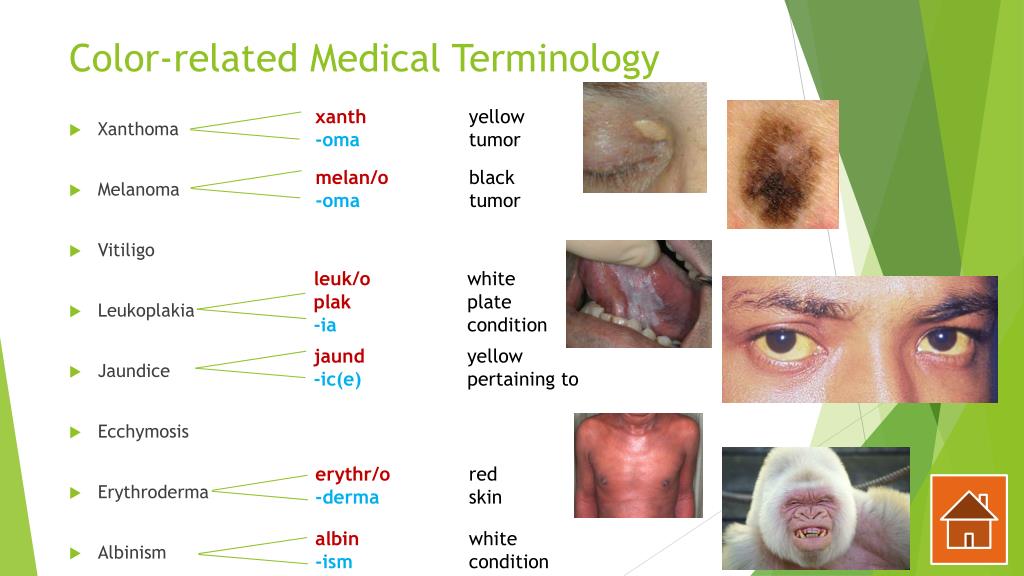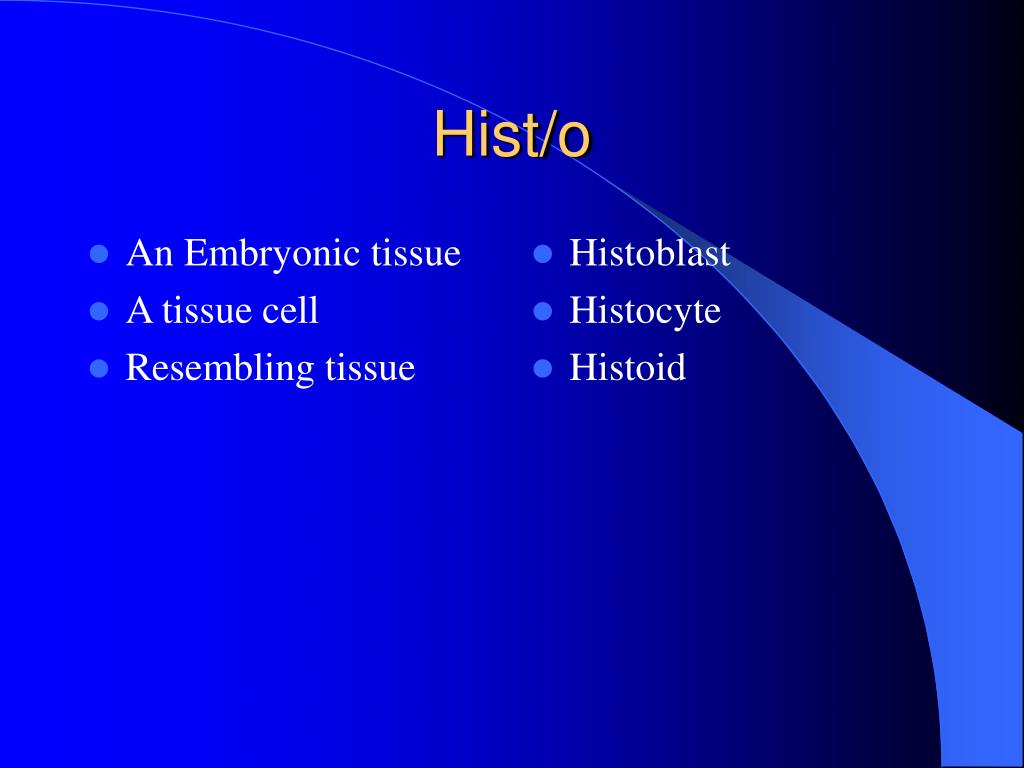


Medical Terminology: Examples of Prefixes
OMA MEDICAL TERM LICENSE
For those already working in the medical field - such as medical records specialists, radiology techs and even physicians - a refresher on traditional and new medical terminology can be helpful and may even be required for license renewal.Medical terminology courses or certificates are usually a prerequisite for most graduate degree or certificate programs in the healthcare field. More specifically, medical terminology is important for a few reasons, both for medical professionals and the field itself.Because physicians are trained at varying universities and complete their training across different hospitals and disciplines and geographies, having a singular medical terminology system ensures that effective care is delivered while reducing the potential for miscommunication. Medical terminology is the linguistic foundation on which the entire healthcare system is built. Why is Medical Terminology Important in the Medical Field Suffix - appears at the end of the word and indicates a specialty, test, procedure, function, disorder or status.Root - can appear at the beginning of the word if prefix is absent, but the root indicates the primary meaning of the medical term.Prefix - appears at the beginning of a term and indicates a location, direction, type, quality or quantity.While memorizing terms across that many disciplines might seem impossible, medical language can be simplified when you understand that nearly all medical terms can be broken down into three parts: the prefix, the root and the suffix. The proper definition describes medical terminology as language used to describe anatomical structures, procedures, conditions, processes and treatments in the medical field. Medical terminology refers to the words and language used specifically in the medical and health fields. To get you started, here is our introductory guide to medical terminology, which will serve as a solid foundation as you work to diversify and enhance your medical language skills. And while understanding medical language is serious business for care providers, learning medical terminology can actually be a thought-provoking, interesting crash course in the history and development of language and parts of speech.įor those who are new to, or are looking to enter the medical field, having a firm grasp on medical verbiage, roots and meanings can give you a leg up as you continue your studies and progress in your career.


Understanding medical terminology can make all the difference in critical health situations. Medical Terminology 101: Definitions, Applications & Helpful Resources


 0 kommentar(er)
0 kommentar(er)
